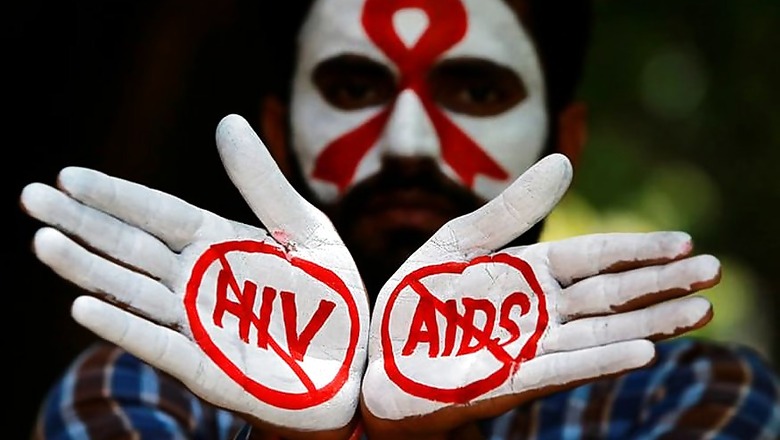
views
May 18 is celebrated as World AIDS Vaccine Day, also known as HIV Vaccine Awareness Day. On this day, HIV vaccine advocates promote the continued urgent need for a vaccine to prevent HIV infection and AIDS.
While thousands of volunteers, community members, health professionals, supporters and scientists are working together to find a safe and effective AIDS vaccine, there is an important need to recognize the importance of investing in AIDS and HIV vaccine.
HIV or human immunodeficiency virus infects cells of the immune system in the body leading to AIDS or Acquired Immunodeficiency Syndrome, which is a life-threating condition. Today, approximately 38 million people are suffering from HIV globally. The HIV virus can be transmitted in several ways; however, there are misconceptions around AIDS due to minimum awareness about the disease.
On this World AIDS Vaccine Day, let us be more careful and keep this precautionary measure of AIDS/HIV in mind:
1. Always speak to your local sexual health clinic or general practitioner for any advice on AIDS or HIV to reduce the risk of the disease.
2. Do not wait for symptoms of AIDS to appear. Get regular blood test done from time to time and get yourself detected for AIDS.
3. Always have safe intercourse to avoid the spread of AIDS or any other sexually-transmitted disease. Also, talk to your partner about HIV testing and get tested before you have sex.
4. Do not ever share needles or any other injecting devices to prevent transmission of AIDS virus.
5. Always use disposable gloves when at risk of direct contact with blood.
6. HIV positive women should consider giving birth by caesarian section.
7. All HIV+ new mothers should consider feeding their baby with formula instead of breastfeeding.
8. Limit your number of sexual partners, as the more partners you have sex with, the more likely you are to have a partner with poorly controlled HIV or to have a partner with a sexually transmitted disease (STD). Both of these factors can increase the risk of HIV transmission.
9. People who are very likely to get HIV, like sex workers, or those in a relationship with someone who is HIV-positive, can take a pill every day to help prevent infection. This is called PrEP, or pre-exposure prophylaxis.




















Comments
0 comment